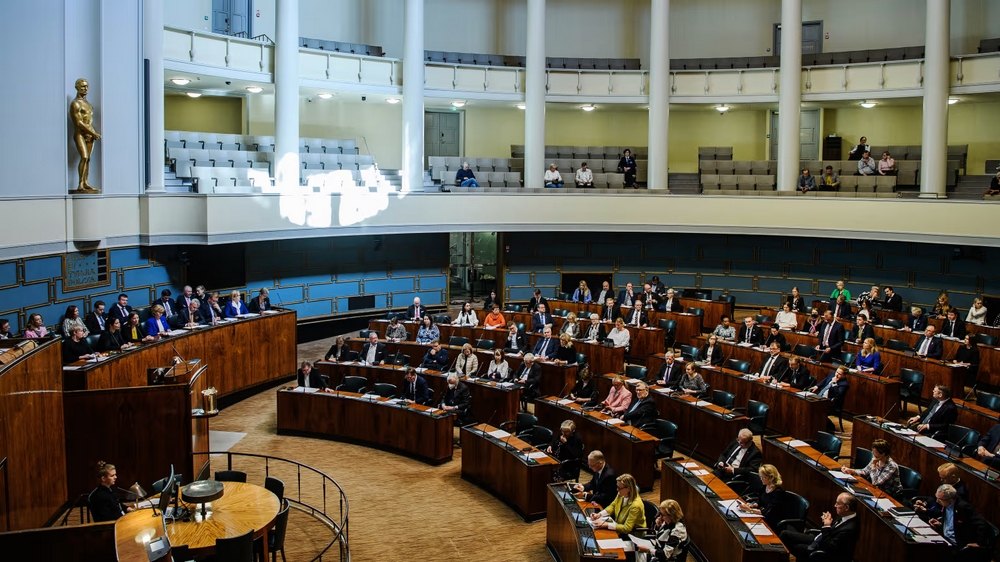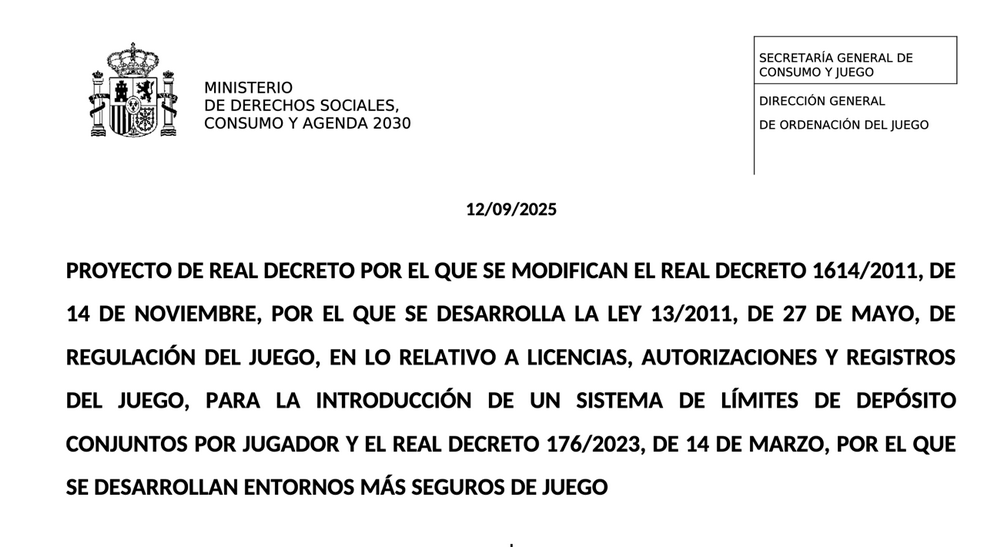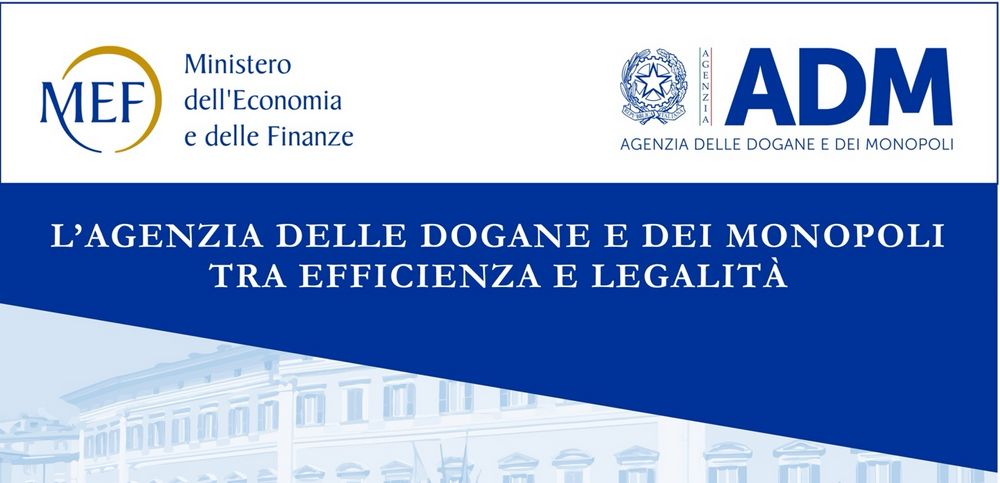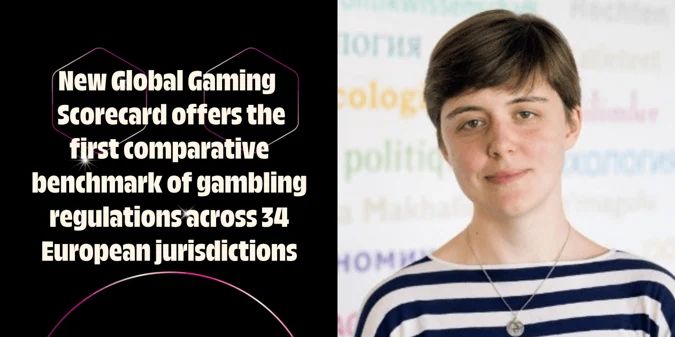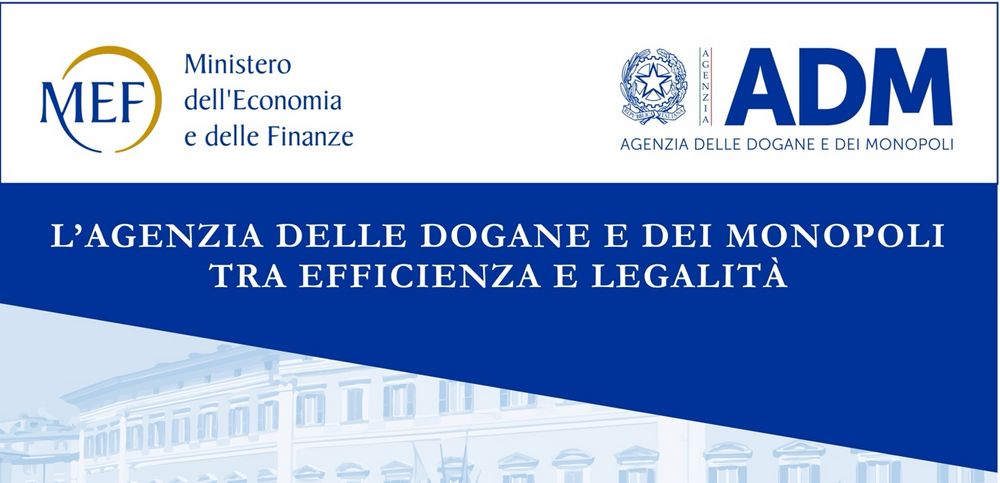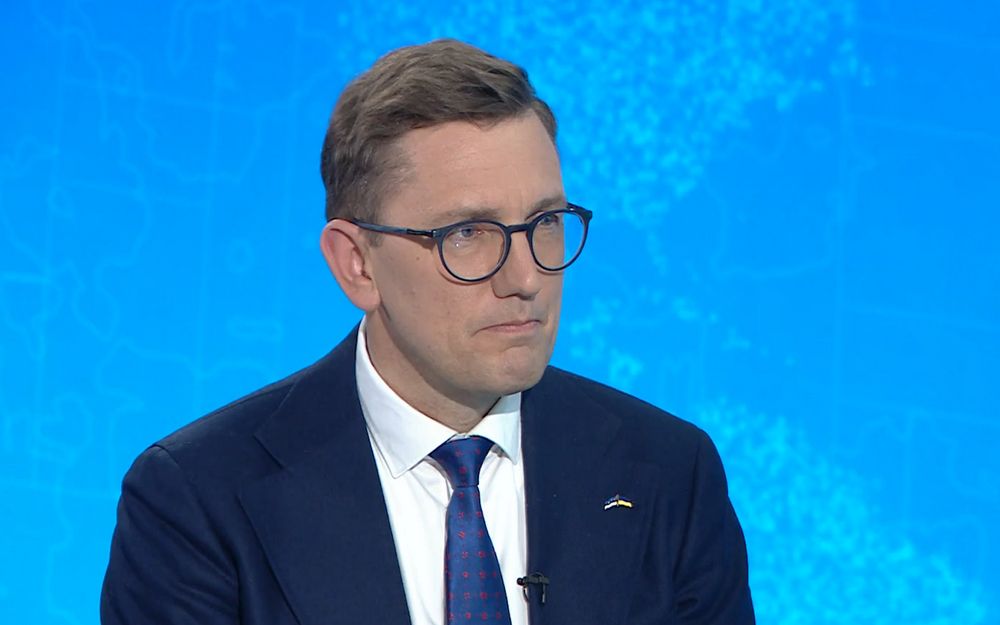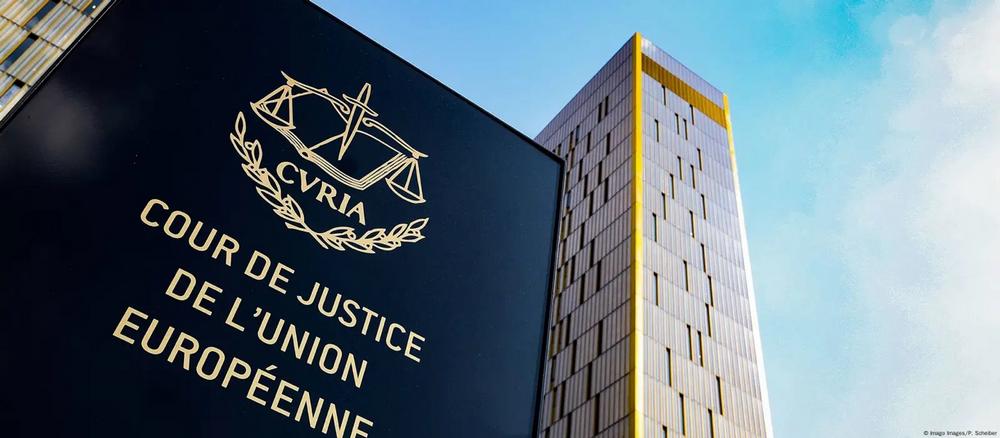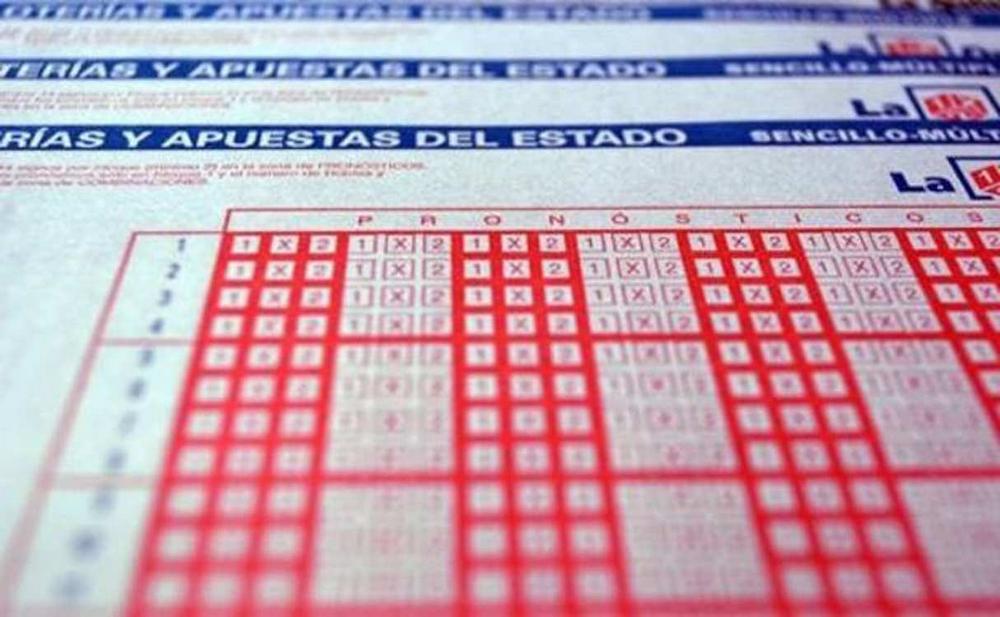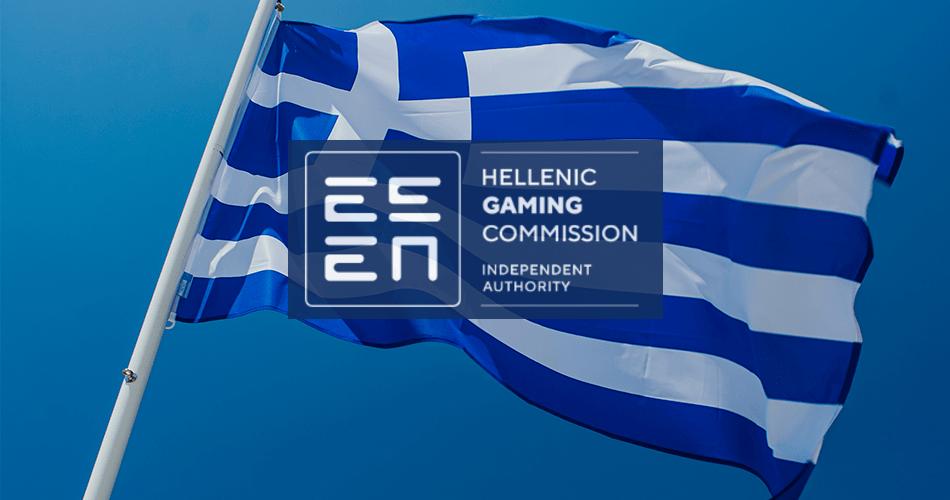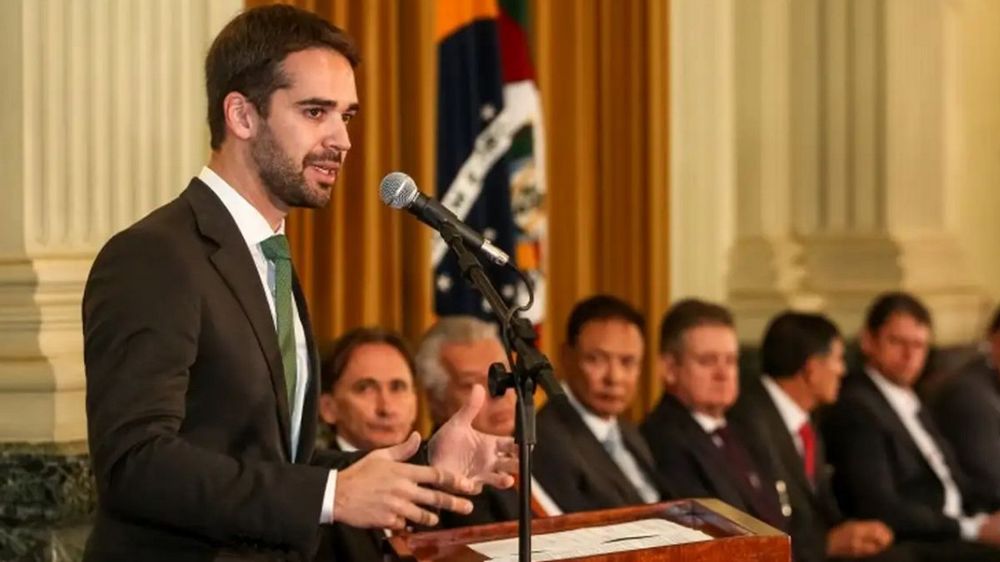The European Court of Justice (ECJ) invalidated Lithuania’s recent amendments to its gambling law, citing procedural lapses that rendered the legislation unenforceable. The court ruled that Lithuania failed to notify the European Commission prior to implementing the changes, a mandatory step under the EU regulatory frameworks. This decision directly impacts Lithuania’s online gambling regulations, weakening national restrictions on gambling promotions and raising concerns about the future of legislative oversight in the member state.
Lithuanian officials expressed sharp dismay at the ruling. A government spokesperson stated, “This judgment challenges our sovereignty in crafting public policy to combat gambling addiction and protect consumers. It has significant implications for our regulatory authority and future reforms.”

Under Article 9 of the EU’s Technical Regulation Information System (TRIS) procedure, member states are required to notify the European Commission of draft national technical regulations, including amendments expanding existing legal frameworks. The ECJ underscored that failure to comply with this notification invalidates the affected provisions, as confirmed with Lithuania’s 2021 gambling law amendments.
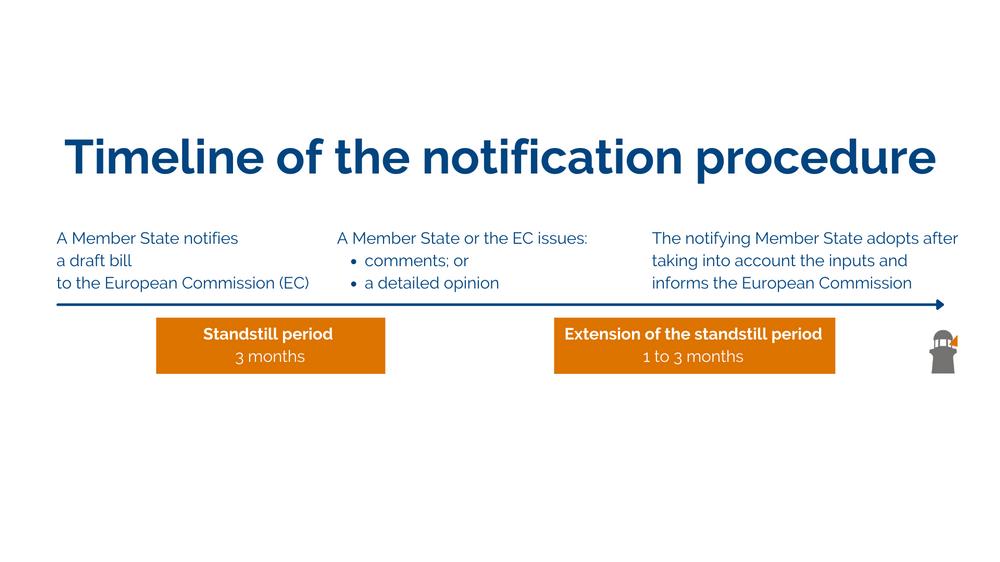
This procedural safeguard ensures transparency and harmonization within the EU single market.
Lithuanian parliament passed a legislation to restring gambling advertisement
The ruling has created immediate uncertainty in Lithuania’s gaming sector, complicating regulatory enforcement and compliance. Operators previously restricted by the revised advertising bans may resume activities temporarily pending legal clarity. More broadly, the ECJ decision highlights the critical need for all EU member states to strictly adhere to notification processes when legislating on cross-border regulations affecting the gambling market.
Lithuania online slots revenue exceeds €100.0m and total collected ascend to €222.2m.
This procedural tempest leaves Lithuania’s gambling reforms at a critical juncture: will the government revise and properly notify its regulations to restore regulatory order, or will procedural oversights continue to fuel instability? The broader implications suggest a possible shift toward strengthened EU gambling policy compliance or increased fragmentation across the bloc’s regulatory landscape.










